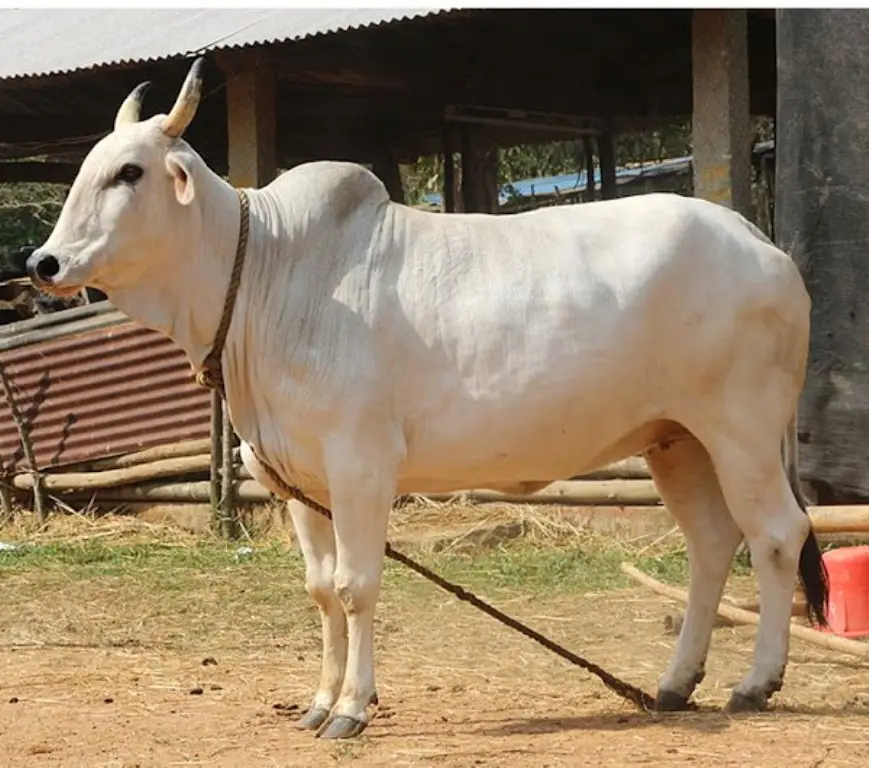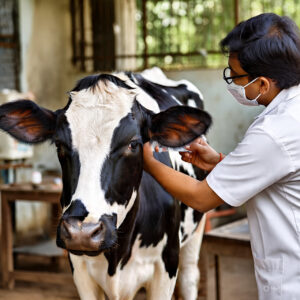Cows play a pivotal role in organic farming by contributing to soil fertility, pest control, and natural crop nutrition. Unlike chemical-based farming, organic practices depend heavily on natural inputs—and the cow stands at the heart of this ecosystem.
1. Cow Dung – Nature’s Fertilizer
Cow dung is rich in essential nutrients and acts as an organic compost that enriches soil health. It improves microbial activity and enhances water retention in the soil, making it ideal for long-term fertility.
2. Cow Urine – Natural Pesticide
Cow urine (gomutra) is a key ingredient in homemade bio-pesticides. It helps keep pests and diseases at bay without harming the environment or crops.
3. Panchagavya – Organic Elixir
A fermented mix made from cow dung, urine, milk, curd, and ghee—Panchagavya is widely used to boost crop growth, improve resistance, and enhance yield naturally.
4. Carbon Recycling and Sustainability
Grazing cows help manage plant biomass, reducing the need for external carbon inputs. Their waste is a resource, closing the loop in sustainable farming.
5. Cost-Effective for Small Farmers
Indigenous cows require minimal maintenance and provide multiple benefits—milk, manure, and more—making organic farming both affordable and efficient.




